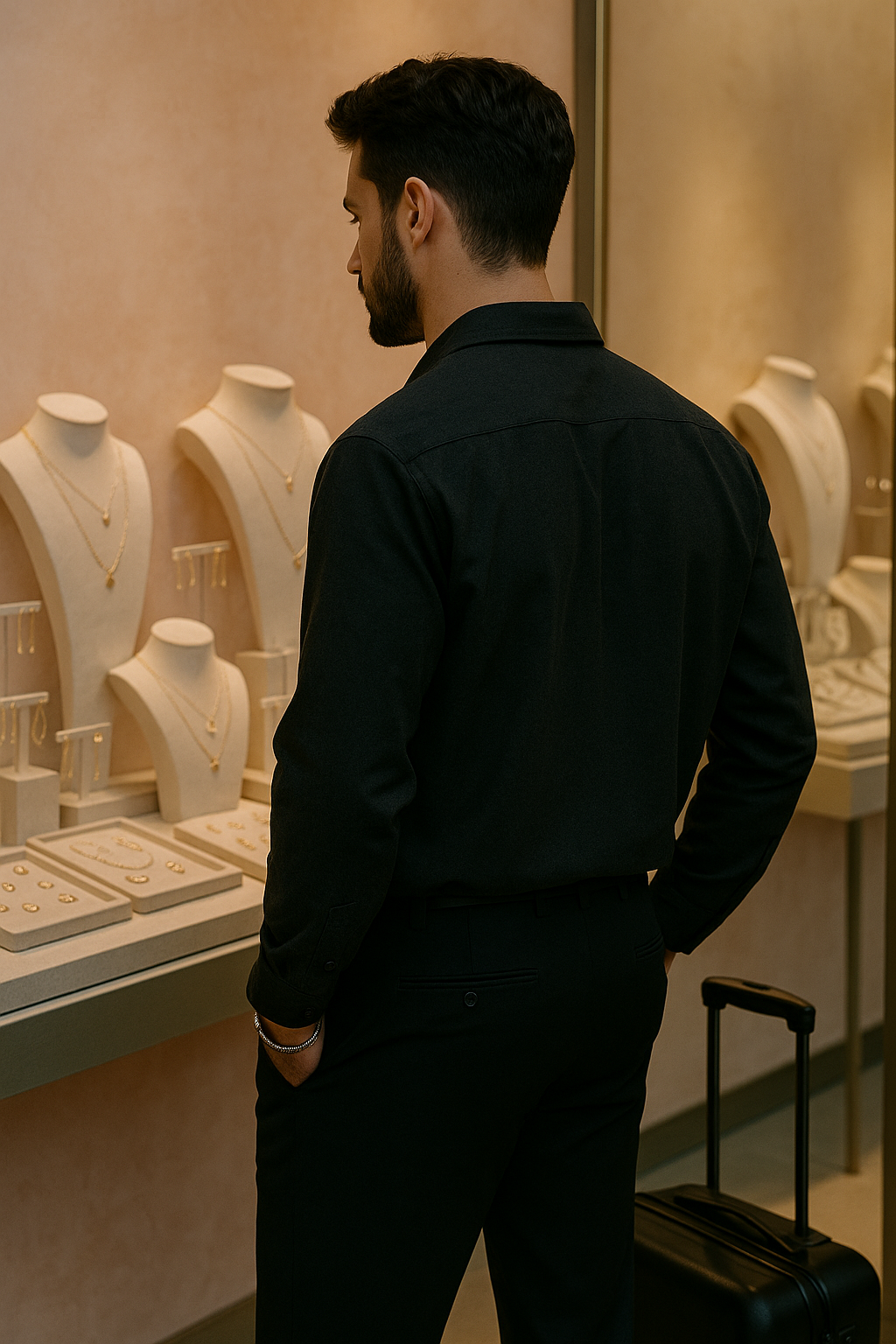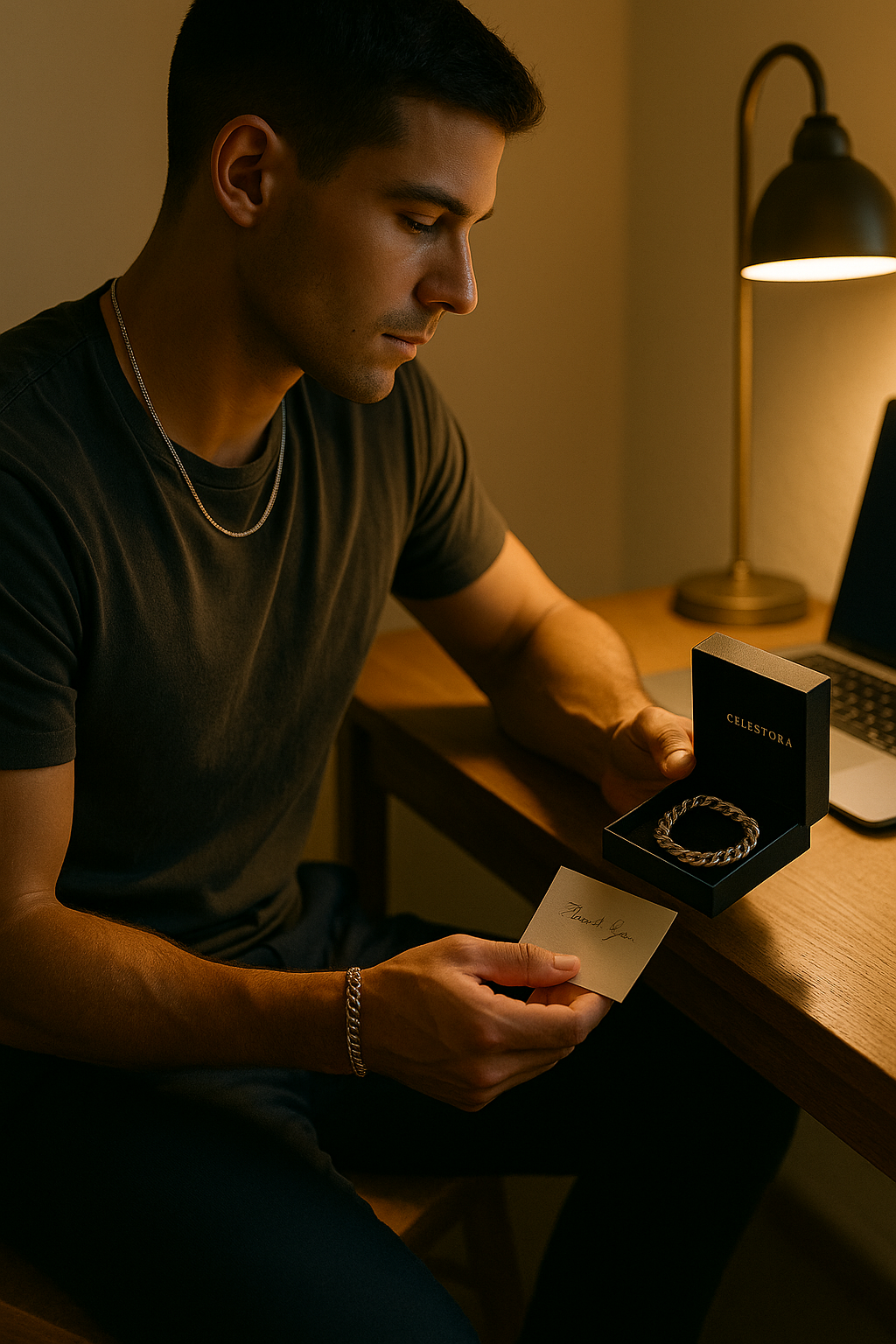Silver has always been cherished for its spiritual significance and enduring value. Whether you are buying a silver murti for your home temple, a silver chain for daily wear, or silver decor for festive occasions, understanding the resale value is essential. This knowledge ensures that your purchase is not only auspicious but also financially wise.
Why Resale Value Matters in Silver Purchases
Unlike many decor items or gifts that depreciate over time, silver holds intrinsic worth. When you buy silver idols, jewelry, or chains, you are essentially investing in a precious metal that can be sold or exchanged later. This makes understanding the resale value vital, especially during festivals like Diwali when silver purchases are considered auspicious.
Silver idols, in particular, serve a dual purpose: they are sacred objects used in rituals and poojas while also acting as a store of wealth. Whether it's a silver Ganesha idol, a tulsi plant made of fine silver, or a decorative swastik for your mandir, knowing their resale potential is important for long-term planning.
Spiritual and Financial Significance
In Indian tradition, silver represents purity and prosperity. Buying silver during Diwali or Dhanteras is believed to invite wealth and positive energy. From a financial perspective, silver is more accessible than gold, allowing families to purchase larger quantities or more intricate pieces without overspending.
This blend of spiritual and monetary value makes silver a smart choice for both gifting and personal use.
Factors That Determine Silver Resale Value
The resale value of silver is influenced by several factors. By keeping these in mind, you can make better purchasing decisions and maximize returns when reselling.
- Purity of Silver: The higher the purity, the higher the resale price. Fine silver of 99.9% purity is considered the best for idols and decor items.
- Current Market Rate: Silver prices fluctuate daily based on global and local markets. Checking live rates before buying or selling is crucial.
- Weight of the Item: Silver is priced per gram, so the weight directly affects the value of your murti or jewelry.
- Craftsmanship and Design: Intricate work can increase the overall cost, though resale often focuses on weight and purity.
- Condition of the Item: Well-maintained silver pieces fetch higher resale prices compared to tarnished or damaged items.
How to Check the Resale Value of Silver Idols
Silver idols hold a special place in home temples and spiritual practices. To evaluate their resale value accurately, follow these steps:
- Verify Purity Markings: Look for BIS hallmarking or other purity stamps to confirm the silver quality.
- Weigh the Idol: Use a precise scale to measure the item in grams.
- Check Current Silver Rates: Visit trusted websites or local jewelers to get the latest rate per gram.
- Deduct Making Charges: Understand that artistic elements like carvings may not add to resale value.
- Visit Trusted Buyers: Approach reputable jewelers or buyback programs for fair valuation.
By following these steps, you ensure transparency and avoid being underpaid when selling or exchanging your silver murti.
Example: Evaluating a Silver Swastik or Tulsi Plant
If you own a silver swastik or a decorative silver tulsi plant, the same principles apply. Start by checking purity, weight, and the current rate. These symbolic pieces often hold strong emotional value, but from a financial perspective, their worth is determined by weight and silver content.
Tips for Maximizing Silver Resale Value
Here are some practical ways to ensure you get the best price when selling or exchanging silver items:
- Buy from reputed sellers who provide proper certification.
- Store silver in dry, airtight containers to prevent tarnish.
- Clean gently with a soft cloth before resale but avoid harsh chemicals.
- Keep purchase receipts and certification cards safe for proof of authenticity.
- Time your sale around festive seasons when demand for silver is higher.
Silver Chains and Jewelry: Resale Considerations
Silver chains, rings, and other jewelry pieces follow similar rules for resale. Since they are often worn daily, maintaining their shine and avoiding scratches is important. Pure sterling silver (92.5%) pieces tend to have better buyback value compared to mixed alloys.
When selling silver jewelry, some jewelers may deduct a small percentage for wear and tear, so it’s important to compare offers before finalizing the sale.
Why Diwali is the Best Time for Silver Purchases
Diwali is synonymous with wealth, blessings, and new beginnings. Purchasing silver during this festival is considered highly auspicious. Whether it is a silver murti for pooja or a gift for loved ones, buying during Diwali ensures spiritual rewards and long-term financial benefits.
Since silver prices often rise during festive seasons due to increased demand, it’s wise to plan your purchase early to get the best rates.
Conclusion: A Blend of Faith and Value
Silver idols and jewelry are more than just beautiful objects. They represent devotion, heritage, and financial wisdom. By understanding how to check and maximize resale value, you can make purchases that hold both spiritual and monetary significance.
This Diwali, bring home silver that shines with blessings today and value for years to come.








